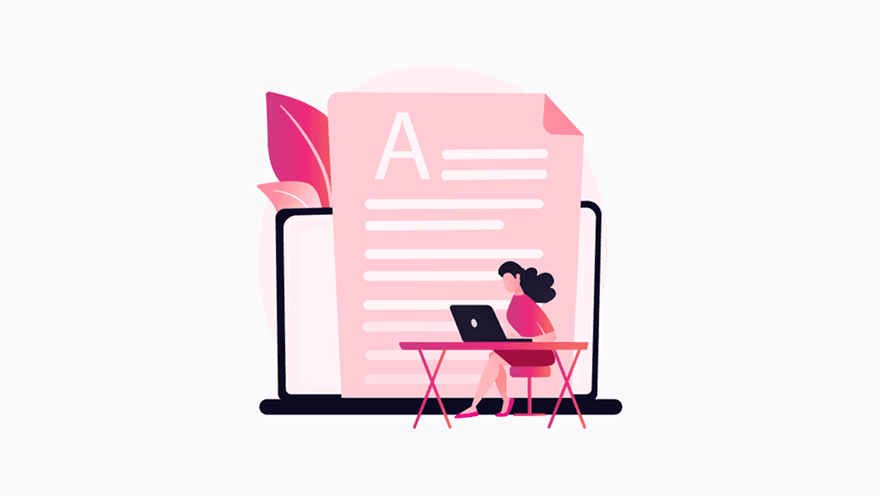Journalism is a job where you gather information about a specific topic and then share your findings and conclusions with a broader audience through print, digital or broadcast media. Investigative reports, news, features, columns, and reviews are all ways that journalists use to share information.
Journalists cover two types of news - soft news and hard news. This article covers soft news journalism.
Soft News Journalism Careers:
Soft news concerns non-serious things such as celebrities, the arts, sports, and culture.
1. Arts Journalism:
Arts journalism is for people who love art. Arts journalism talks about many different kinds of art, such as music, dance, movies, books, paintings, plays, poems, etc. A journalist for the arts looks at what's happening in the art world and tells people about it. Art journalism is popular with the public, so many news organisations hire art journalists to gather news on the ground.
2. Celebrity journalism:
The word "paparazzi" has become very popular over the past few years. This term is used for journalists who cover famous people. In this field, a journalist's job is to find out about celebrities, whether it's about their personal lives, movies, shows, or public appearances. Fans always want to know what is going on in the lives of the people they look up to, so celebrity journalists also talk to celebrities and report on gossip. A lot of people like to read about and watch shows about their favourite stars.
3. Education Journalism:
Education journalism reports different development and events in the field of education. These reports help the government to implement new education policies when needed. An education journalist's main job is to spread information about the education system and encourage students to go to college. Education journalism is usually aimed at students, researchers, and teachers.
4. Sports Journalism:
A sports journalist covers news about a sports series, event, or a sportsperson. You can watch live sports events, go to different places, and even meet and interview athletes if you do this kind of journalism. To work in this field, you need to know about sports, be everywhere, and be able to talk to people well.
5. Lifestyle journalism:
In recent years, people have become more interested in learning about different ways of living. Lifestyle journalism serves this purpose by reporting on things like leisure, music, cooking, gardening, entertainment, home decor, fashion, shopping, exercise, yoga, and healthy eating habits. This kind of reporting tells people what they can do to live a better and healthier life. Journalism is a brilliant, well-paying career. It requires loads of hard work and dedication. It gets your name out there. If you think this career might be for you, opt forCareer Guidance at Glow & Lovely Careers (formerly known as Fair & Lovely Career Foundation). You can also try out thevarious free online courses available. They will help you along your journey to becoming a journalist.

